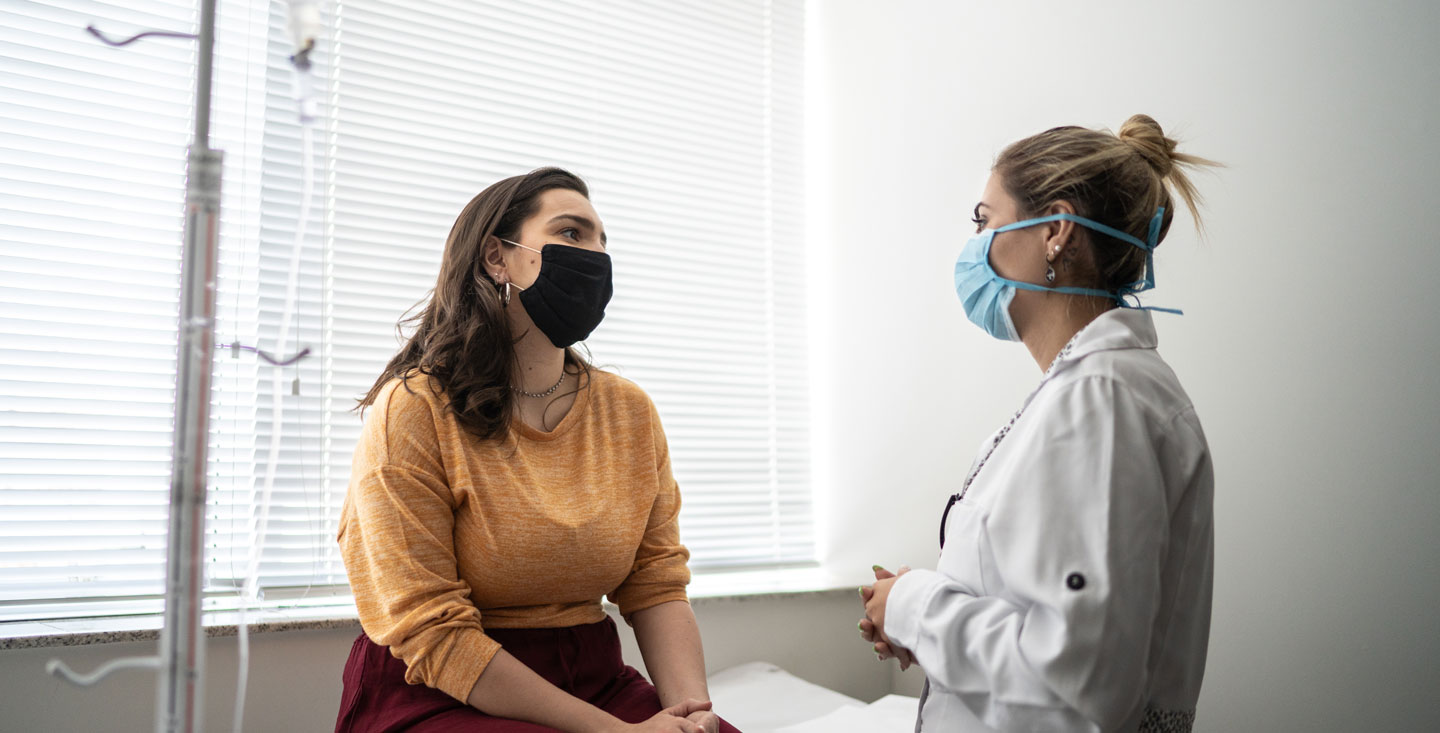
Mental health-related conditions and hospital visits have increased significantly since the onset of the COVID-19 pandemic(1). Today there are 14.2 million people experiencing serious mental illness in the U.S.(2). Further impacting healthcare resources, patients often use their local emergency department as a de facto primary care.
As a result, clinical teams are pressured to quickly assess, treat, and often de-escalate situations related to mental illness. The risks of harmful consequences are real and rising – and it’s more important than ever to prepare clinicians for patients with mental health conditions.
How prepared is your clinical team to care for patients with mental health conditions? Only 3% of respondents from our recent survey believe their team is extremely prepared to care for these patients.
Discover valuable insights in our new research report, “From De-escalation to Effective Communication: The Crucial Role of Mental Health Education for Nurses.”
Read the report
Elsevier is committed to supporting healthcare professionals by making trusted knowledge available at your fingertips, during Mental Health month and always.
Explore nowDiscover strategies to safeguard nurses’ mental health and protect patients with mental and behavioral health conditions.
Read the blogClinical eLearning – supports clinical practice with evidence-based online nursing education. The course developed with the Emergency Nurses Association, Handling Psychiatric Emergencies 1.1, provides in-depth focus on managing a broad range of psychiatric emergencies to help ensure confidence and safety in clinicians who face these situations hospital-wide.
ClinicalKey for Nursing – empowers clinicians with trusted answers to clinical questions backed by in-depth foundational content. A collection of evidence-based resources for psychiatric, mental and behavioral health, including market-leading books and journals, images, guidelines and clinical overviews, helps clinicians make better decisions in complex situations and be a trusted resource for patients and their families.
Patient Engagement – solutions enhance engagement and encourage patients to take an active role in their care. Education for mental and behavioral health conditions can be personalized by language, health literacy and reading levels, and delivery method to reflect each patient's unique needs and preferences.
Clinical Skills – combines evidence-based skills and procedures at the point of care with competency management. The Mental & Behavioral Health Specialty Collection delivers highly-focused guidance on topics relevant to caring for mental and behavioral health patients, plus protocols that help ensure clinicians can provide safe, effective care while keeping themselves safe.
Care Planning – combines the patient's story, evidence-based care plan guides, and standardized assessments into one longitudinal plan of care in the workflow. Patient-centered care plans and flowsheet content include mental and behavioral health topics that provide evidence-based clinical goals, signs and symptoms, interventions, education topics, social determinants of health, and regulatory measures.
Congratulations to the winners of the 1-year subscription to Headspace:
Samantha, United States
Tara Lynn, United States
Katie, United States
Cookies are used by this site. To decline or learn more, visit our cookie notice.
Copyright © 2025 Elsevier, its licensors, and contributors. All rights are reserved, including those for text and data mining, AI training, and similar technologies.